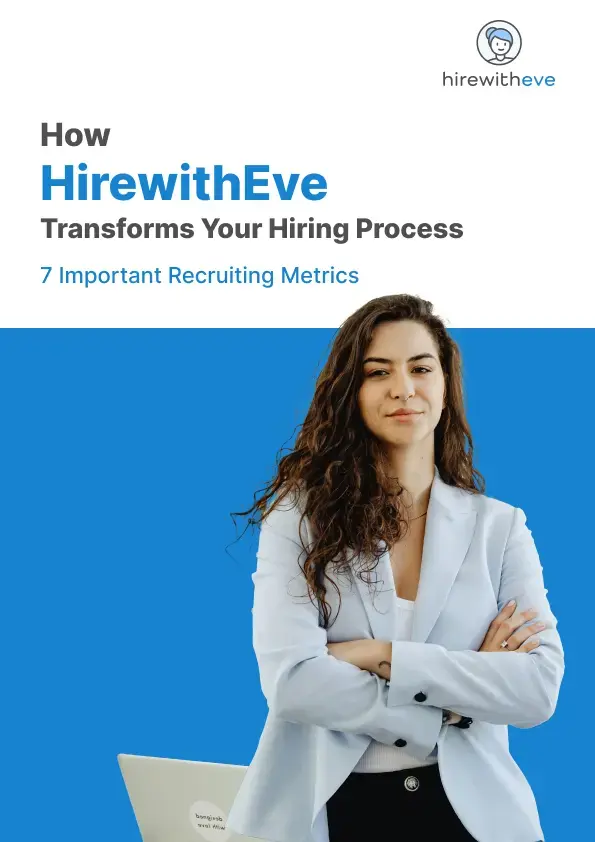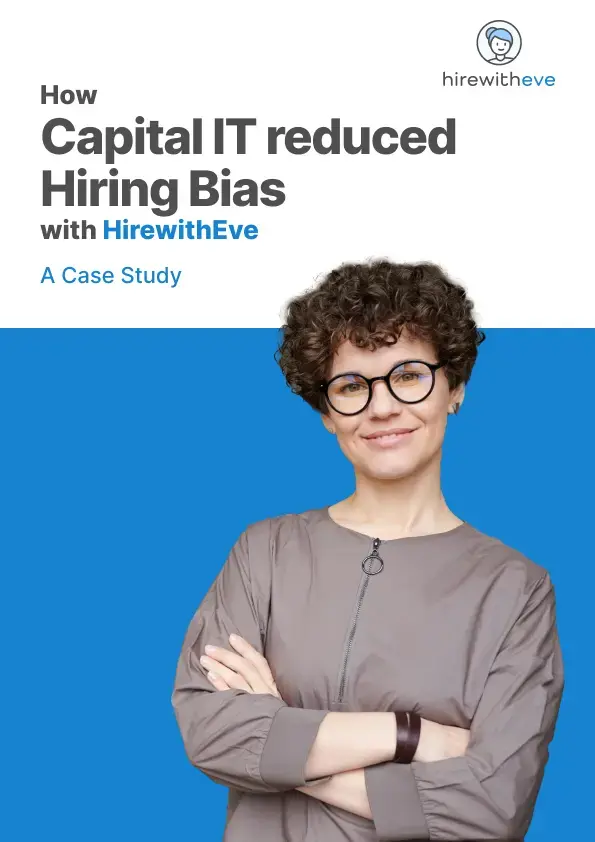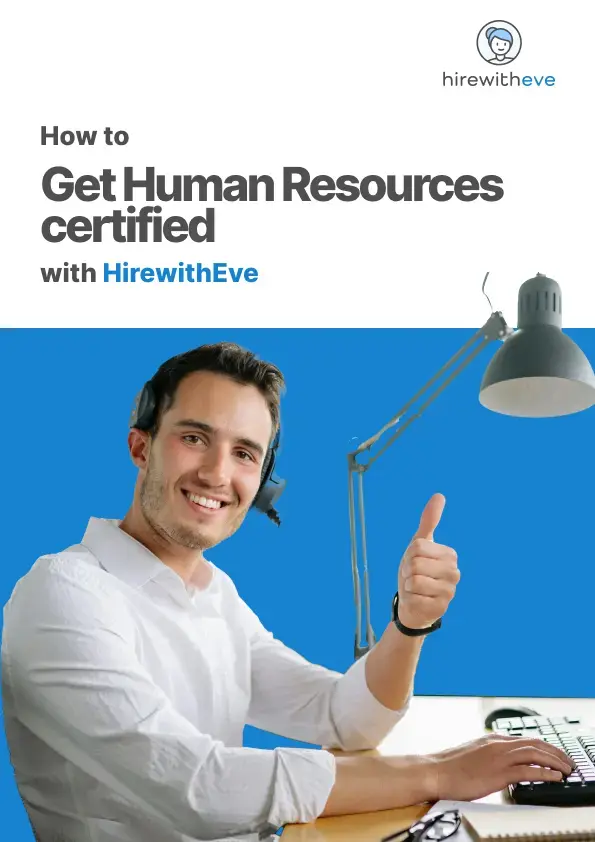What HR Conversations Are Confidential?
What HR Conversations Are Confidential? Understanding Boundaries in the Workplace

HR managers and talent acquisition specialists constantly engage in sensitive conversations with employees and potential hires. These discussions often involve personal matters, workplace concerns, or performance evaluations. A key question that frequently arises is, “What HR Conversations Are Confidential?” For HR professionals, understanding the boundaries of confidentiality is crucial to maintaining trust and legal compliance. This blog will explore which HR conversations are confidential, why confidentiality is important, and how HR teams can uphold it effectively in their daily practices.
Table of contents
What Are HR Conversations?
HR conversations encompass a wide range of discussions between HR professionals and employees or job candidates. These can include:
Performance evaluations
Disciplinary actions
Personal issues affecting work performance
Disputes or grievances in the workplace
Compensation and benefits
Career development and training discussions
When having these conversations, employees often share private information with the expectation that it will remain confidential. But what HR conversations are confidential by law or ethical standards?
Types of HR Conversations That Are Confidential
Talent acquisition specialists and HR managers need to distinguish between the types of conversations that must remain confidential and those that may not. Here are the primary categories of HR conversations that are confidential:
Employee Health Information
Conversations involving an employee’s medical condition, disabilities, or mental health should remain confidential under privacy laws such as HIPAA (Health Insurance Portability and Accountability Act) in the U.S.
Disciplinary Actions and Performance Reviews
HR professionals are required to maintain discretion when discussing disciplinary actions, warnings, and performance evaluations. These are HR conversations that are confidential to ensure fairness and avoid damaging the employee’s reputation.
Workplace Grievances and Complaints
Any grievances or complaints made by an employee about workplace harassment, discrimination, or other sensitive issues fall under HR conversations that are confidential. This confidentiality is crucial for preventing retaliation and ensuring a thorough investigation.
Salary and Benefits Discussions
Salary negotiations and benefits discussions are also considered HR conversations that are confidential, as they involve personal financial information.
Personal Information
Conversations about an employee's family, personal struggles, or anything unrelated to work but shared in the context of HR should be kept confidential.
Understanding what HR conversations are confidential helps HR professionals foster trust and protect sensitive information within the organization.
Why Confidentiality in HR Conversations Is Crucial
Maintaining confidentiality in HR is not just a legal requirement, it is an ethical obligation. When employees know that HR conversations are confidential, they are more likely to be open and honest. This openness allows HR teams to address workplace issues more effectively. There are several key reasons why confidentiality is crucial in HR:
Building Trust: When employees feel safe to share personal or sensitive information, it builds trust between them and the organization.
Legal Protection: Mismanaging confidential information can lead to legal consequences, including lawsuits for breach of privacy.
Preventing Workplace Tensions: Confidentiality ensures that rumors or misinterpretations of sensitive conversations don’t fuel workplace tensions or create a hostile environment.
In many cases, HR conversations are confidential by law, and violating this confidentiality can have serious repercussions for the company and its employees.
Exceptions to Confidential HR Conversations
While most HR conversations should remain confidential, there are a few exceptions. HR professionals should understand when they are legally or ethically required to break confidentiality. Here are the main exceptions to HR conversations that are confidential:
Threats to Safety
If an employee makes a threat of violence or harm to themselves or others, HR must report it to the appropriate authorities.
Illegal Activities
Any admission of illegal activities, such as fraud, theft, or harassment, must be reported, as these are not considered HR conversations that are confidential under law.
Court Orders or Legal Proceedings
In some cases, HR may be required to disclose certain conversations in response to legal proceedings or court orders.
While HR professionals should strive to keep most HR conversations confidential, it’s essential to know when confidentiality must be broken to ensure the safety and legal integrity of the organization.
How to Ensure Confidentiality in HR Conversations
Now that we've discussed what HR conversations are confidential, the next step is ensuring that confidentiality is maintained. Here are some best practices that HR teams can implement:
Clear Policies on Confidentiality: Establish clear policies that define what HR conversations are confidential and communicate these policies to both employees and HR personnel.
Training HR Staff: Provide training to HR staff on how to handle sensitive information and the legal implications of breaches in confidentiality.
Secure Communication Channels: Ensure that sensitive HR conversations take place in private settings and use secure communication channels for sharing confidential information.
Limit Access: Only those who need to know should have access to confidential HR conversations. This means limiting access to personnel files and confidential conversations to authorized HR staff.
Document Safeguards: Ensure that all documents related to HR conversations that are confidential are stored securely, whether digitally or in physical form.
By following these best practices, HR professionals can uphold the confidentiality of the sensitive conversations they handle.
Conclusion: Confidentiality and Its Role in Modern HR Practices
Understanding what HR conversations are confidential is critical for HR managers and talent acquisition specialists. Confidentiality is the cornerstone of trust in the workplace, helping to ensure employees feel secure in sharing sensitive information and allowing HR teams to address issues effectively. However, confidentiality must be balanced with legal obligations and safety concerns.
In the context of modern HR practices, platforms like HirewithEve play an essential role in maintaining this balance. For instance, the platform may offer secure communication tools and data protection features that help HR professionals uphold confidentiality. Additionally, HirewithEve likely includes features for securely managing employee records, ensuring that sensitive information remains private. This helps HR teams focus on creating a safe, confidential environment where employees feel supported.
In conclusion, HR conversations are confidential when they involve sensitive personal information, workplace grievances, or disciplinary actions. By leveraging secure platforms like HirewithEve, HR professionals can enhance their ability to protect employee confidentiality while managing legal and ethical obligations.
Target Your Talent
Unlock tailored solutions for your recruitment and hiring needs with Eve Platform's extensive case study library.
Subscribe now to enhance your HR expertise and excel in your role.
Free Resources

Transforming Hiring: 7 Key Recruiting Metrics
Enhancing recruitment processes with data-driven insights for better hiring outcomes.

Reducing Hiring Bias with Hirewitheve.
Utilizing Hirewitheve to combat bias and streamline recruitment processes effectively.

Hiring Detail-Oriented Candidates
HirewithEve enhances hiring by accurately assessing candidate's attention to detail-oriented.

2 thoughts on “What HR Conversations Are Confidential?”
Comments are closed.